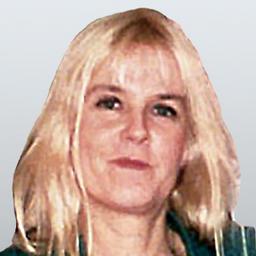The year was 1976. New journalism writer Tom Wolfe coined the term the “Me Decade” to characterize the unprecedented sharing, self-disclosure, self-centeredness, and sheer self-importance that was starting to be displayed by everyday people. “Let’s talk about ME” he joked, the most important person in the room!—referring to the new cachet of narcissism that was starting to be bestowed on every citizen by the self-esteem and human potential movements.
Except for a few public or sports figures like Muhammad “I’m the greatest” Ali, calling attention to yourself, let alone your skills, talents, and achievements was uncommon and unseemly 40 years ago. As New Orleans musician great Allen Toussaint who passed away in November reflected on his website when discussing his characteristic low profile, “I’m not accustomed to talking about myself.” People who came of age in the 1960s and 1970s were not accustomed to talking about themselves like people do now.





